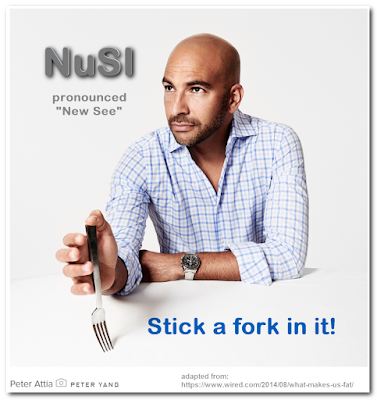Bio-HACK-ing Chronicles Ep.1: What's with Jimmy Moore's HCT & Hb?

I've decided to chronicle some of the biohacking madness going on out there here on the blog. I'm not sure if this helps anyone, but at least it will preserve some of it for posterity. So this will randomly include publicly shared results of various "hacks" -- dietary or otherwise. First up -- who else? LOL -- Jimmy Moore. Fresh off his second 7-day fast in three weeks, Jimmy continues focusing on all the wrong things instead of actual improvements in things known to improve health. Apparently low carb is/wasn't enough for Jimmy Moore, so he adopted an extreme version of a keto diet. This worked swimmingly for a year until he stopped reporting his weight at the end of the year. He rapidly regained the 80 re-lost pounds and embarked on his first extended fast in the fall of 2015. That went so well he tried (unsuccessfully) to forego food for the entirety of January 2016, only to balloon up even further. Forget the scale, ...

